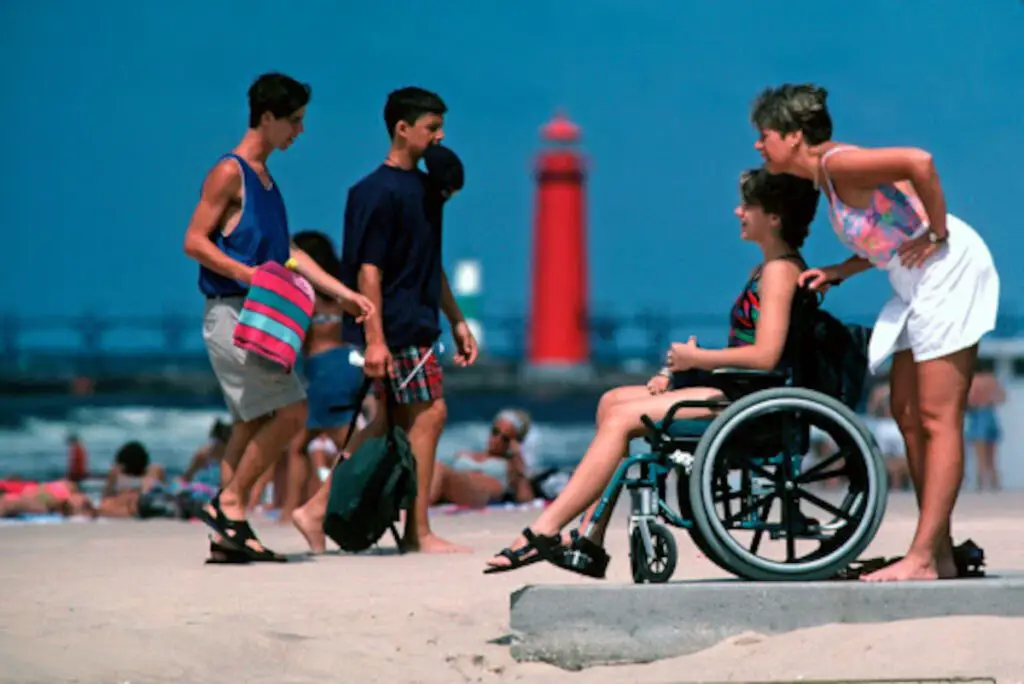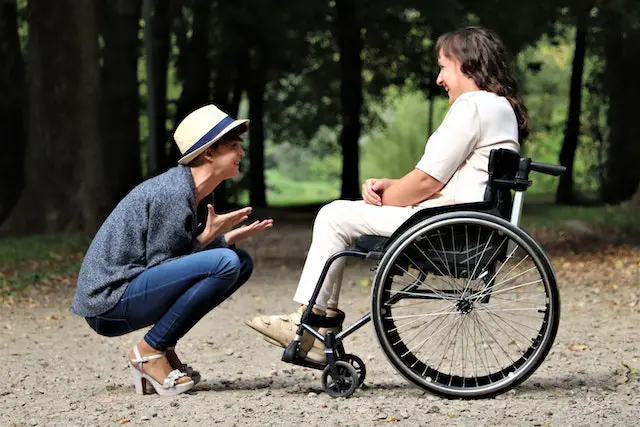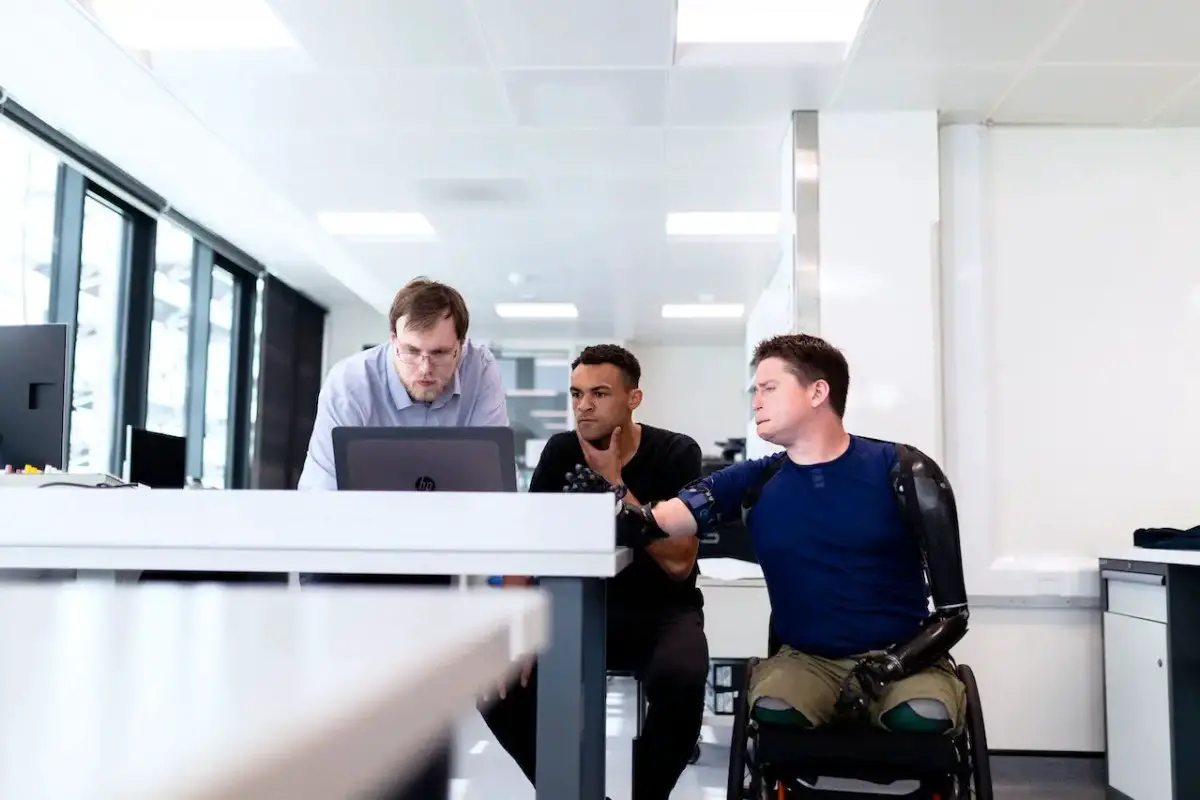Nationwide, there is a critical need to enhance disability health support. Although places like Michigan are taking impressive strides with their disabled-friendly amenities, health outcomes for disabled individuals still trail those of non-disabled people. This discrepancy has sparked calls to the National Institutes of Health to ramp up their support and make health and wellbeing a priority for all.
Michigan: A Beacon for Disabled-Friendly Amenities

Michigan is a good place to live with disabilities as it has lots of accessible beaches, disabled-friendly summer camps for kids, and some of the best healthcare in the U.S. Despite much of the U.S. having similar facilities in place, disabled individuals have worse health outcomes than non-disabled people. As a result, the University of Virginia and Johns Hopkins University have pleaded with the National Institutes of Health (NIH) to improve the health and wellbeing of people with disabilities across the U.S.
Addressing Healthcare Accessibility in Rural Areas

The universities mentioned above and multiple pieces of research show that living in rural areas increases the likelihood of having a disability, having transport issues, and having limited or no access to broadband. 1 in 5 Americans live in a rural area, according to the Census Bureau. Mobile health clinics make it easier for Americans with disabilities to get essential healthcare. Research has found that women are more likely to utilize it than men (55%), as are people without health insurance. Disabled people are less likely to have health insurance due to the cost. 2,000 mobile health clinics are currently on the road in the U.S. and 6 of them are based in Michigan.
The Link Between Income, Health, and Disability
Many studies have found a link between low income and poor health. People with disabilities typically earn 26% less than people without disabilities, so they need financial support from the government to help them. Both Medicaid and Medicare are available for disabled individuals and can be used to cover the cost of healthcare including doctors visits, prescription charges, and hospital stays.
Some people may even qualify for both Medicaid and Medicare. However, there are often delays in getting this support. If you get Social Security Disability Insurance (SSDI), you have to wait 24 months to be eligible for Medicare. There have also been delays in granting Medicaid across various states. For example, in Missouri, there was a 115 day delay last year, which breached federal law. The good news is that the federal government stepped in and implemented a plan to cut this down. Ideally, all states need to work to reduce their timescales so that all disabled people get the help they need as soon as possible.
Enhancing Health Literacy Among People with Disabilities

It’s crucial that people with disabilities take care of their health and routinely see health professionals as this will prevent further problems arising. Having good health literacy is therefore essential. But, people with intellectual disabilities have less understanding of health than people without disabilities. 325,480 pharmacists across the U.S. play a big role in promoting health literacy as they have a lot of contact with patients with disabilities. Asking open-ended questions, checking their records for inconsistencies in medication reordering, discussing side effects, using simple language, and offering visual guides all help disabled people better understand their health.
The Road Ahead For Disability Health Support
Despite the progress made in supporting disabled people’s health in the U.S., the call for improvement remains loud and clear. As researchers continue to illuminate areas of need, it is essential to heed their findings and work towards solutions that truly promote the health and wellbeing of people with disabilities.
A lot is being done to support disabled people’s health in the U.S. But there’s still a lot more that can be done as has rightly been pointed out by researchers.




